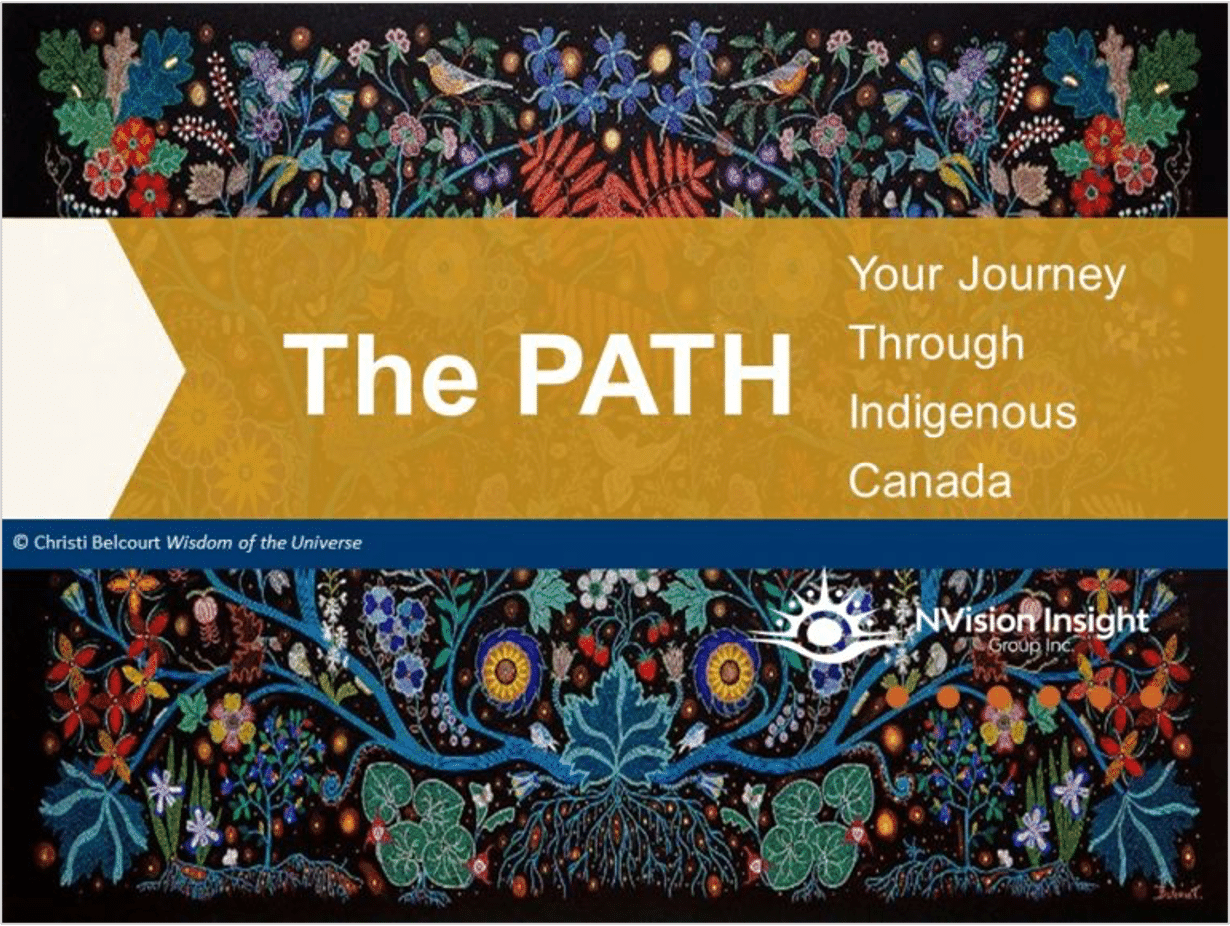There is a dirty little secret about the law that Roger Song, recovered communist lawyer, knows all too well: lawyers can effectively change the laws just by changing the way they practise – by changing their “legal culture”. In Song’s former home, China, lawyers are not so much loyal to clients and the law as they are loyal to the Chinese Communist Party (CCP). China’s legal culture ensures that, whatever legal rights a citizen may seem to have on paper, the interests of the CCP will always prevail.
Today, Song sees that Canadian legal culture is under attack. Lawyers are under pressure from their own regulators to practise law with an ideological objective: wokism. Should Canadian law societies succeed in altering Canadian legal culture, they will effectively change the laws, including Canada’s Constitution. If Canada’s lawyers go woke, the law will follow.

Song is a child of Communist China’s brutal Cultural Revolution. Born in 1964, he joined the CCP as a young man, absorbed its ideology as the sole source of truth and morality, and took part enthusiastically in its activities. Showing appropriate loyalty, he was duly permitted to advance through the professional ranks, studied at university, obtained a degree in law and was appointed to a coveted professorship in international law at Beijing University. In 1989, though, the scales began to fall from Song’s eyes. Eventually, he came to see Communism for the totalitarian horror it is.
Fortunately, he was able to leave China, escape its ideological tyranny and build a new life in Canada – a country, he was convinced, genuinely governed by the rule of law. He immigrated to Alberta with his wife and son and, since 2014, has practised law in his adopted province. Today he finds himself again grappling with an ideological threat – this time, from within his profession. Rather than a state authority wielding Maoist dogma, the Law Society of Alberta (LSA) is wielding the ideology of wokism.
Since 2019 Song has been engaged in a years-long and largely lonely battle against his professional regulator after it redefined the term “professional competence” to include “cultural competence” – a euphemism for being woke. The LSA now pressures lawyers to go woke or – as is always the case in a society governed by ideology – to at least pretend they have. Song is currently suing the LSA, alleging it has violated its core mandate by adopting a political (and ideological) objective.
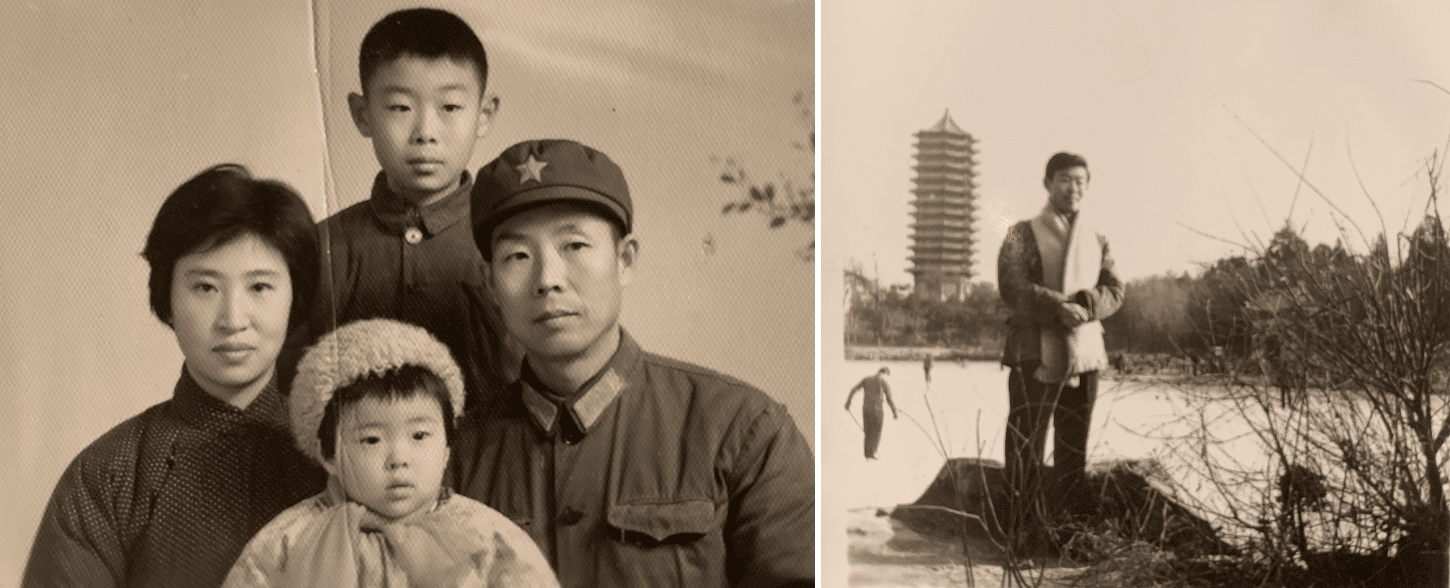
Song recalls the day in 2019 the LSA informed him he’d be required to take “cultural competence” training. “I was shocked that, in order to practise law in Canada I was, just as in China, being compelled to submit to re-education in matters of law, history, politics, society, economics, morality, spirituality, and culture,” he says. “I found myself captured in the jaws from which I had escaped.” While the LSA seems to use the term “cultural competence” to mean ideological conformity, when Song lived in China the CCP called it “political competence”.
Unlike most of his fellow Alberta lawyers – who don’t understand the true nature of wokism, who understand it but keep their heads down out of fear, or who have actually “drunk the Kool-Aid” and support the LSA’s descent into radical ideology – Song is fighting back. He is no longer “politically competent” according to the CCP, and he has no interest in becoming “culturally competent” according to the LSA.
A Law Society’s Role in Preserving the Rule of Law
Canada’s Constitution is founded on the “rule of law” which means, in essence, that the legislature creates clear and predictable laws that apply equally to everyone. Justice is “blind” – your rights do not depend on your skin colour or beliefs. Every alternative to the rule of law is some variety of “rule by force”. While polluting the rule of law with ideology may seem a rather abstract problem, the future of our Western way of life depends on it being stopped – immediately and fully. Without the rule of law there is, for most individuals, no personal freedom, no private property, no contractual certainty, no impartial justice and no democracy.
Imagine walking into a court of law and, instead of the lawyers and judge doing what the law requires – what is “just” – they instead do what is “socially” just. Will social justice be served by allowing you, a white business owner, to terminate an employee from a “vulnerable” demographic? Will social justice be served if you, a man accused of sexual assault for a drunken though consensual sexual encounter, are allowed to plead that your diminished capacity should be regarded no differently than the diminished capacity of your accuser? Will social justice be served by honouring your title to your home, which sits on land (allegedly) occupied by Indigenous tribes since “time immemorial”?
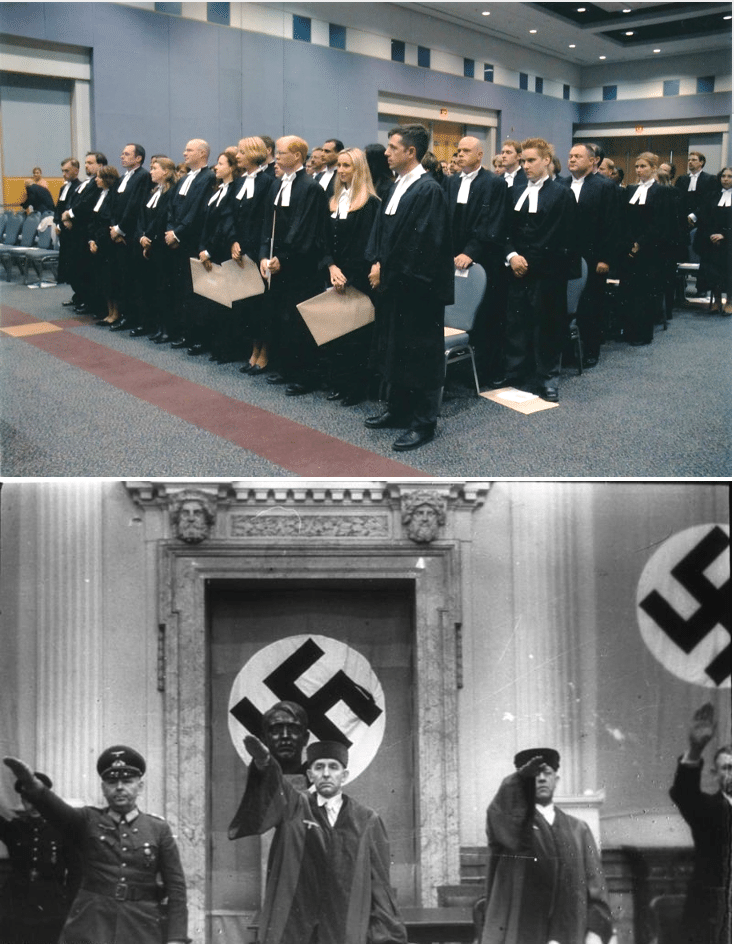
The answers to all these questions have everything to do with ideology and nothing to do with the law. When the law is polluted with ideology, it is replaced by ideology.
Like all law societies across Canada, the LSA is given independence and vast regulatory powers to ensure that lawyers remain loyal to their clients and to Canada’s Constitution. These duties of loyalty are necessary because the law’s integrity depends on lawyers and judges who faithfully implement it. The legal culture necessary to support our Constitution can be described as “zealous advocacy for the client’s interests under the law.” A law society is supposed to steer clear of politics because adoption of any political objective is a betrayal of its duty to insulate lawyers from conflicts of interests including, most importantly, political ones.
A country’s legal “culture” matters – not just to lawyers but, most of all, to the citizens of a country if they want to enjoy the rights they are supposed to have under the laws and Constitution. Improper legal culture (like the one in Maoist China) subverts citizens’ rights under law. While people calling themselves lawyers and judges may continue to engage in a sort of legal theatre, behind the curtains ideology is really directing the show. For this reason, when lawyers are licensed (or “called to the bar”) in Alberta, they are required to swear oaths of loyalty to their clients’ interests and to the law itself. Where lawyers pursue any other objective, they are disloyal to their clients and to the law.
Lawyers and judges are responsible for implementing laws passed by the democratically elected legislature. If a single lawyer or judge is not faithful to a law – for example, by misunderstanding, ignoring, misrepresenting or circumventing that law – then the law is effectively changed, in at least a small way. If many lawyers and judges are unfaithful to the law in the same way – for example, if they all adopt a common political objective – the law is effectively changed in a big way.
Canada’s legislatures have made provincial law societies self-governing. Their independence permits them to act as bulwarks against political interference. But law societies have now become the source of political interference. Their independence has become a threat to the rule of law.
While one lawyer being targeted with political interference (or herself adopting political objectives) is an attack on the rule of law, political interference with (or by) all lawyers is an attack on democracy itself. Instead of the elected legislature duly and democratically changing the law, the law is changed by agenda-driven lawyers who all pervert the law in the same way. For a historical example, when German lawyers, judges, law professors and law societies adopted national socialist ideology in the 1930s, the Nazi regime’s most outrageous crimes and injustices were rendered perfectly “legal”.
For this reason, Canada’s legislatures have made provincial law societies self-governing. Their independence permits them to act as bulwarks against political interference. But law societies have now become the source of political interference. Their independence has become a threat to the rule of law.
The LSA’s Attack on the Constitution
In a particularly dangerous turn, the LSA did not adopt just any political objective, it adopted the ideology of wokism. This process formally began in 2019 when the LSA inserted the term “equity, diversity and inclusion” into its five “regulatory objectives”. The organization helpfully added the following note: “…there may be times when two or more of the regulatory objectives conflict with one another. In these cases, the Law Society will weigh the costs and benefits of aligning with each objective.”

That warning is both understated and startling. In one stroke, the LSA’s leadership admitted to its membership and to the public that wokism could trump other objectives like upholding the rule of law and ensuring Canadians have access to justice, while also arrogating to itself the authority to arbitrarily impose its new political vision on the justice system writ large. But a regulator of lawyers should put nothing ahead of the law, especially a political ideology, and most especially a political ideology which views any impediment to its forward march – legal or otherwise – as illegitimate. According to wokism, nothing outweighs the “benefits” of its utopian goals of “social justice”, “equity” (not to be confused with the Western legal concept of equity), “reconciliation” and “decolonization”.
In 2022 the LSA issued its “Acknowledgment of Systemic Discrimination”, which amounted to a public oath of loyalty to wokism, one of several competing objectives, as discussed above. In the Acknowledgment the LSA went on to admit that its directors (called “Benchers”) were taking woke training to ensure they “centre” equity in their decision-making. This seemed to leave outside of the new “centre” the legal profession’s other objectives, like upholding the rule of law and providing citizens access to justice.
“I believe that elevating ideology over the rule of law effectively dissolves the rule of law,” Song states. Wokism, he believes, will not enhance or supplement Canada’s Constitution, it will eat it like acid. And wokism is not an ideology that permits passivity; it demands action. By embracing wokism, the LSA committed itself to advancing the ideology within the justice system.
The LSA then deployed its vast regulatory powers to mandate that nearly 10,000 Alberta lawyers submit to a program of political indoctrination called The Path. In The Path, the LSA told its captive audience to support indigenous “reconciliation” by implementing various woke changes to the Canadian legal system. Lawyers were told to have “…an understanding of law that allows it to be intensely democratic.” In my view The Path, delivered to lawyers as if they had a legitimate role in changing the law, was a direction to usurp the power of the legislature by altering the law lawyers are entrusted to uphold, and to change the profession’s culture from “loyalty to law” to “loyalty to ideology”.
The LSA’s slide into wokism occurred under the leadership of President Robert Armstrong (2019-2020), President Kent Teskey (2020-2021), Chief Executive Officer Elizabeth Osler (who according to the LSA’s website “plays a vital role in providing strategic guidance to the Board of Directors”), and Cori Ghitter, Deputy Executive Director and Director, Policy and Education (who has been “instrumental in a variety of projects dedicated to lawyer competence in Alberta, including…the recent development of a Professional Development Profile,” discussed below). Subsequent presidents Darlene Scott (2021-2022), Ken Warren (2022-2023) and Bill Hendsbee (2023-2024) led the regulator as it continued its ideological advance.
The LSA provides lawyers various “key” resources so they can practice with “cultural competence” (i.e., implement woke ideology). In 2022 the LSA rolled out a new “competence” guide which says, in effect, that only a lawyer who is woke is fully competent. In the guide’s original foreword (since removed from the online version), Warren and Osler told lawyers that the guide “…sets out the competencies that are important to maintain a safe, effective and sustainable legal practice in Alberta today.”
Roger Song’s Story
All of this has been deeply disturbing to Song. He grew up, studied and began his career under a system in which everything is viewed through a political lens, where the law is subordinated to a political objective (“socialism”) and where, therefore, the justice system is theatre.
Born in Beijing, Song grew up amidst Mao Zedong’s cruel and irrational Cultural Revolution, in which millions of innocent Chinese lost their lives or were otherwise ruined or imprisoned. Anyone wanting to maintain a basic standard of living, much less enjoy privileges like travelling, teaching or professional employment, was required to submit to ongoing ideological indoctrination and to continuously demonstrate political competence (i.e., ideological compliance). Outright membership in the CCP was also a big help.
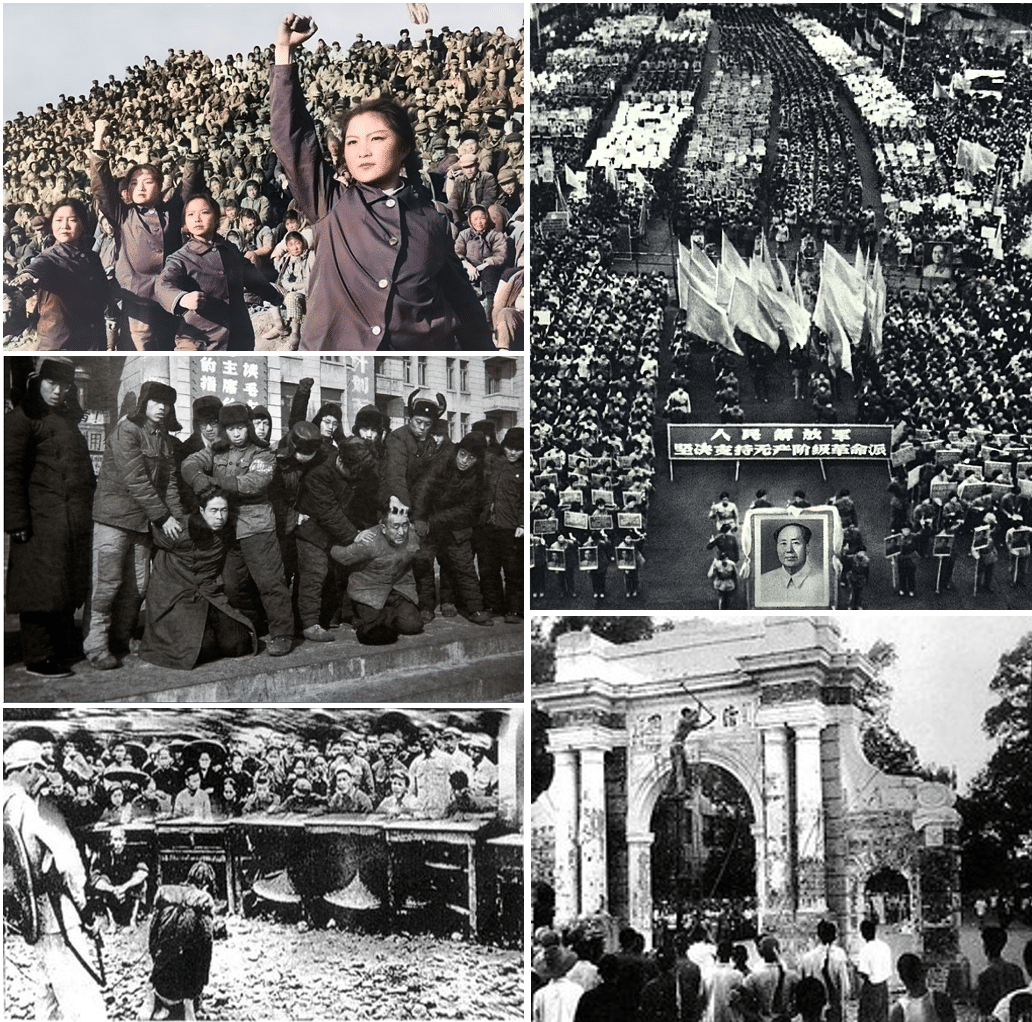
“Like Canada, China has a constitution which guarantees fundamental rights to its citizens,” Song explains. “However, in China, all of this is illusory because there is no rule of law. Throughout all aspects of Chinese society under the CCP’s regime there is only one supreme law: the CCP’s socialism.” All the rest is window-dressing and propaganda. “Whatever rights the constitution or laws may ostensibly secure to the people,” Song says, “nothing which interferes with socialism and the leadership of the CCP is legitimate or allowed to continue.”
For a long time, Song swam willingly in these treacherous waters. Yet there was something about Song – his innate curiosity, perhaps, or a decency in his nature – that left room for doubt. His political competence started to falter in the late 80s. “When I saw the CCP’s brutal suppression of the democracy and anti-corruption student movement on June 4, 1989 in Tiananmen Square – that is, ‘Gate of Heavenly Peace’ Square – it fundamentally shook my faith in all the indoctrination I had received about the ‘greatness, glory and righteousness’ of the CCP,” he recalls.
Song’s decision to settle in Canada was made, in part, because he had read the preamble to the Canadian Charter of Rights and Freedoms, which states, ‘Whereas Canada is founded upon principles that recognize the supremacy of God and the rule of law…’
Still, after a rigorous assessment of his political competence by the CCP, he was permitted to work for five months in South Korea. As Song would say, “by the Grace of God”, there he met a visiting scholar who invited Song to study law at New York University. In New York he encountered the first of two books that would reshape his life. In a bookstore he found The Complete Biography of Mao Zedong, written under a pseudonym by Song’s own father (who, as a political dissident, spent three years under house arrest and later died under Covid-19 quarantine). Never published in English, the biography details the horrific destruction Maoism wrought on the Chinese. Song’s father blamed “utopian socialism, which can neither bring prosperity nor equality. They are the main source of great disasters and should be completely rejected.”
The second book that changed Song’s life was the Bible, which propelled him on a spiritual journey decisively away from Chinese Communism towards Christianity and constitutional democracy. Song’s decision to settle in Canada was made, in part, because he had read the preamble to the Canadian Charter of Rights and Freedoms, which states, “Whereas Canada is founded upon principles that recognize the supremacy of God and the rule of law…”
This was a critical declaration. “To me this meant that the source of Canadian truth and morality was not the state but an authority that transcended the state,” he explains. “It also told me that Canadian law was supreme and not subordinate to any ideology or to the dictatorship of any person or party. I believe this preamble is profoundly wise. It reassured me that Canada was, indeed, a free country and would remain so.” When Song was called to the Alberta bar in 2014 he swore – on his now beloved Bible – to uphold Canada’s Constitution.
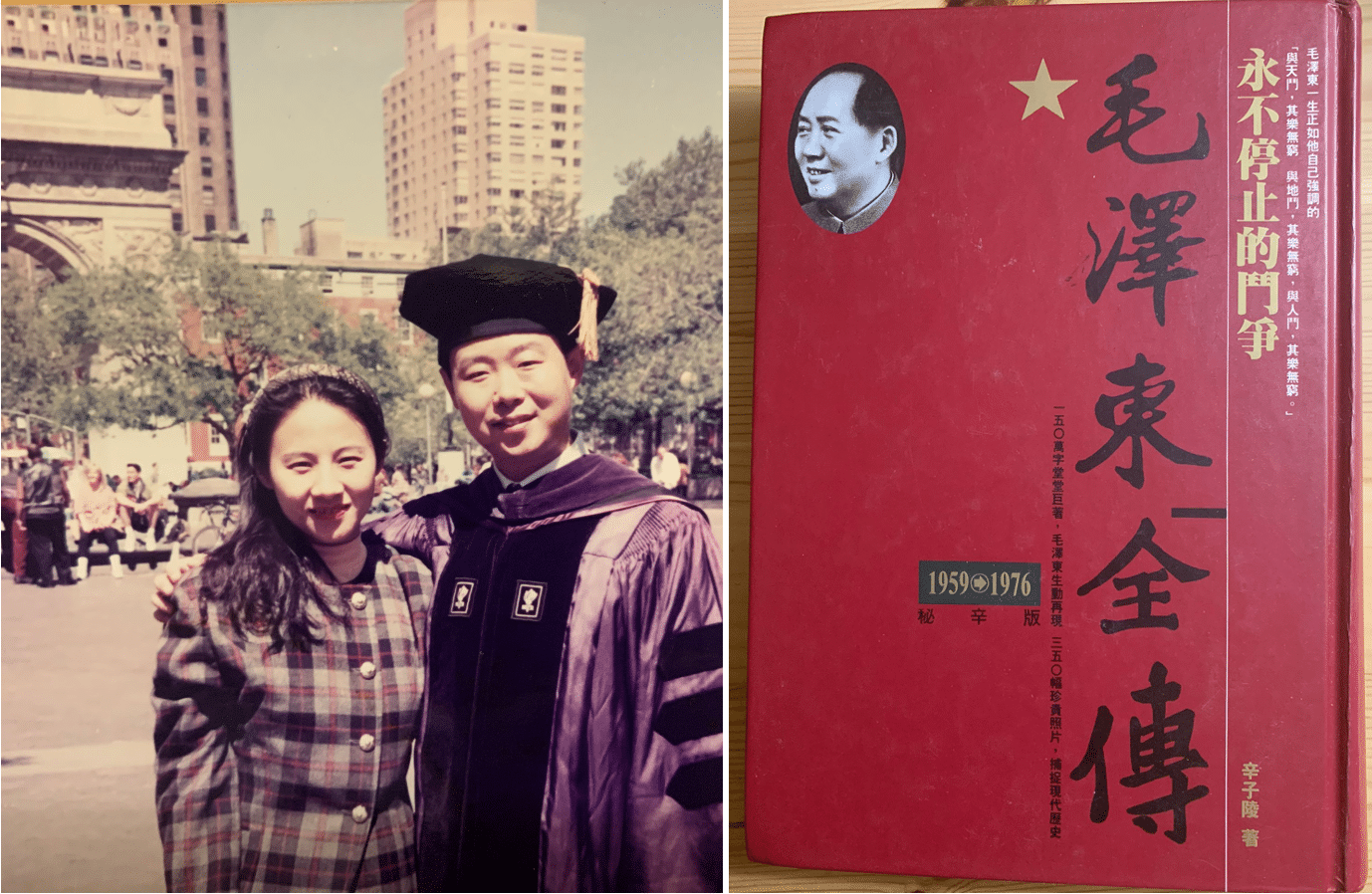
And so in accordance with his oath, and keenly aware of the danger ideology poses to the very foundation of Canada’s Constitution – the rule of law – Song is now suing the LSA. Freedom-and-democracy-loving Canadians should be deeply concerned by Song’s allegations and the LSA’s response.
Wokism’s Hostility to Canadian Freedom and Democracy
While any politicization of the legal profession undermines the rule of law, woke ideology is uniquely subversive. This is because wokism is squarely hostile to freedom and democracy. As Song’s lawsuit alleges, while wokism “…appear[s], superficially, to embody the values, principles, and guarantees of the Canadian Constitution…[it is] in fact, subversive to the Canadian Constitution including hostile to those same values, principles, and guarantees.”
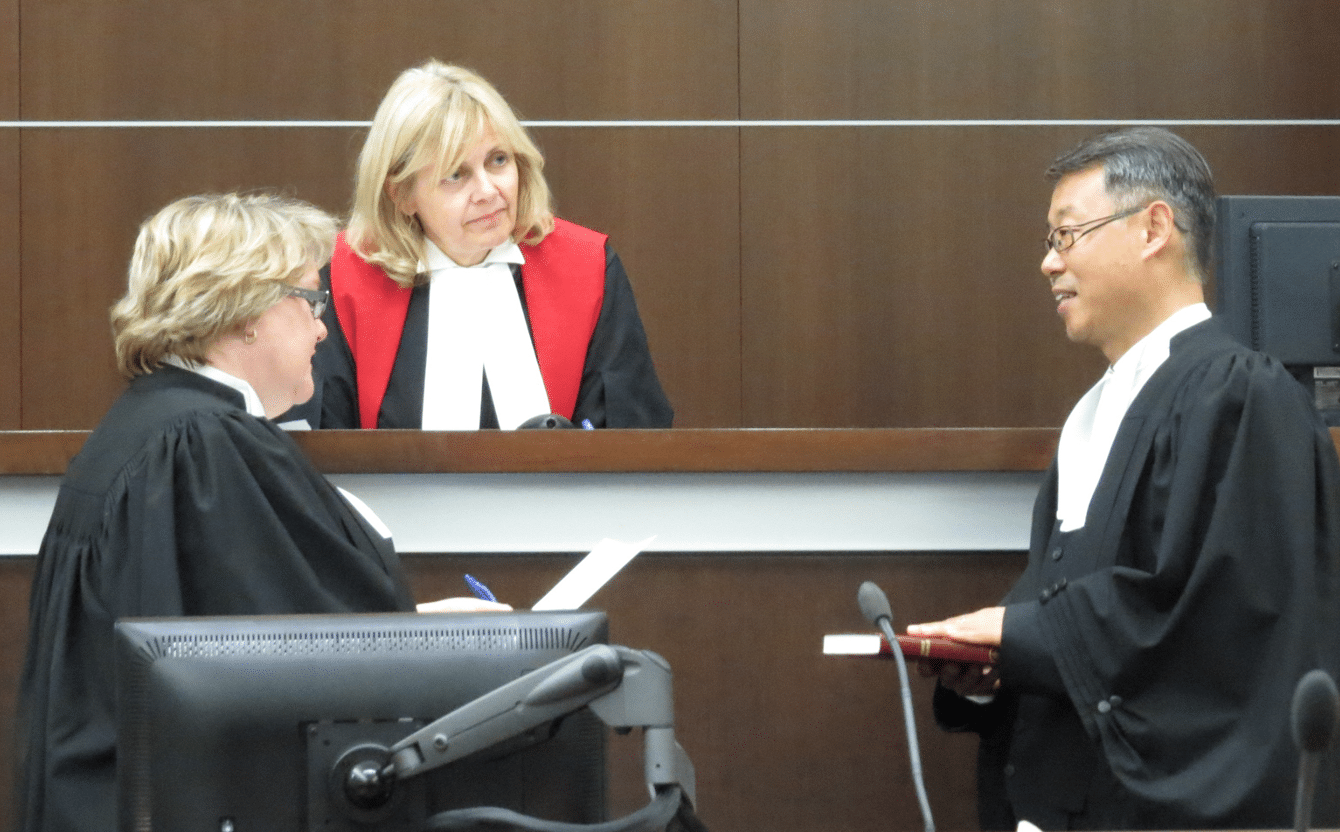
Wokism is premised in postmodernism, which rejects the Enlightenment-era values of reason and rationality associated with the scientific method and, in turn, much of the basis of Western civilization. Wokism regards Enlightenment culture (which it variously terms “Western” culture, “colonialism” or simply “whiteness”) as a culture of oppression. (For more on what wokism is and how it came to be, see here, here or here.)
Perhaps the most important Western value animating Canada’s Constitution is belief in the dignity of the individual – including the idea that each person has the innate ability to improve their circumstances through free will and effort. Given its postmodern premise, however, wokism has it that: we only believe personal agency is real and good because such belief serves the purpose of oppressing minorities (agency is not real); minorities have no personal agency (agency is false); and belief in agency blinds us to systemic oppression (agency is bad).
Wokism’s apex oppressor is the white, Christian, heterosexual, able-bodied man who, by operation of his Western culture, enjoys the “privilege” of oppressing all other identity groups – whether he is aware of this privilege or remains “unconsciously biased”. As readers are likely aware, underlying this theory is the assumption that minorities are inherently unsuited to Western culture. As one of the LSA’s key resources puts it, the “cult of individualism” is really about Canadians “maintaining or increasing their own [racial] power.”
![“Cult of individualism”: Woke ideology asserts that a white, Christian, heterosexual, able-bodied man uses his Western-invented “privilege” to oppress minorities with the purpose of “maintaining or increasing their own [racial] power.”](https://c2cjournal.ca/wp-content/uploads/2025/09/Inset9-1.png)
Because wokism is hostile to Western culture, it is hostile to Canada’s Constitution – a product of that culture – including its embedded Western principles such as universalism, objectivity, empiricism, reason, freedom, democracy, the rule of law, pluralism and – again, most fundamentally – the dignity of the individual.
Take, for example, Canada’s constitutional protection of personal freedoms, which include bodily autonomy and freedom of speech, religion and conscience. To wokism, personal freedoms are an oppressive sham. We may think we have free will, but it is our oppressive culture which really makes decisions for us. The Constitution’s “bias” in favour of personal freedom is oppressive because it permits us (oppressors and oppressed alike) to continue choosing oppressive things, while tricking us into believing we are doing so by our own volition. That is, until we awaken from the false consciousness imposed by our culture.
In the LSA’s words, the fully “competent” lawyer has “[d]evelop[ed] self-awareness of how one’s own conscious and unconscious biases affect perspectives and actions.” The word “biases” here seems to mean any preference for Western institutions (which, remember, are ill-suited for any but the white man). To Song, this is eerily similar in concept to Maoism. As he describes in one of his court filings, “As a part of [Party] indoctrination, I was taught to consistently engage in self-reflection and self-examination and to acknowledge and cleanse from my mind the ‘spiritual pollution’ of corrupt (i.e., Western) worldviews and ideas.”
Understanding all of this, lawyers can come to understand the new definition for “liberalism” provided by another LSA “key” resource, a glossary of terms authored by the Alberta Civil Liberties Research Centre (a “law reform” organization partially funded by the LSA). One glossary entry reads:
“Liberalism/Liberal (Democratic) Racism: Democratic Liberalism is distinguished by a set of beliefs that includes, among other ideals: the primacy of individual rights over collective or group rights; the power of (one) truth, tradition, and history; an appeal to universalism; the sacredness of the principle of freedom of expression; and a commitment to human rights and equality…”
But, the resource continues, liberalism is riven by “paradoxes and contradictions” and, as the glossary makes repeatedly clear, is just another form of racism.
The LSA’s glossary will also help lawyers understand the new meaning of equality:
“Equality: Equal treatment is valued as one of the central concepts (along with tolerance and freedom of expression) in liberal democracies. Often the discourse of equality is used to perpetuate discriminatory practices because there is a focus on same or equal treatment, which is perceived as fair by dominant culture. Therefore, the focus remains on the treatment and not on the result. If the treatment does not result in equality or the balancing of power, then equality has not been achieved.” [Emphasis added]
Study that definition carefully. According to the LSA’s resources, “equality” doesn’t mean being treated equally, it means ending up equally. Does that kind of equality – sameness of outcome – describe a free nation of people pursuing their individual objectives? It seems, instead, to describe a sort of communist utopia – what Friedrich Hayek described as “equality in slavery”.
Sadly, the Supreme Court of Canada’s progressive definition of legal equality is itself largely results-based. How long can freedom last in this country once our lawyers and judges come to equate diversity of outcome with racism?
“Cultural Competence”: Perverting the Law and Dismantling the Constitution
More than just a belief system, wokism is a mission – a mission to dismantle Western “systems of oppression” in order to achieve “social justice”, “equity”, “decolonization”, “reconciliation” and similar objectives.
Did you vote for a legal profession of ‘culturally competent’ lawyers who work to ‘dismantle’ the Constitution, rather than being loyal to it? The question answers itself. Canadians hire lawyers trusting they will zealously advocate for their legal rights, not that they will act as political functionaries attacking the Constitution which sustains those legal rights.
Dismantling oppression requires that we treat, as good and normal, concepts like subjectivity, dogma, authoritarianism, race essentialism, collectivism and, ultimately, racial segregation. The “culturally competent” lawyer, another LSA “key resource” explains, not only absorbs these ideas but supports wokism’s mission by helping to “radically” transform the law. According to the LSA’s Professional Development Profile, such a lawyer “takes action to dismantle systemic inequalities and barriers,” which is apparently a coded reference to the very principles baked into Canada’s Constitution and legal system.
Did you vote for a legal profession of “culturally competent” lawyers who work to “dismantle” the Constitution, rather than being loyal to it? The question answers itself. Canadians hire lawyers trusting they will zealously advocate for their legal rights, not that they will act as political functionaries attacking the Constitution which sustains those legal rights.
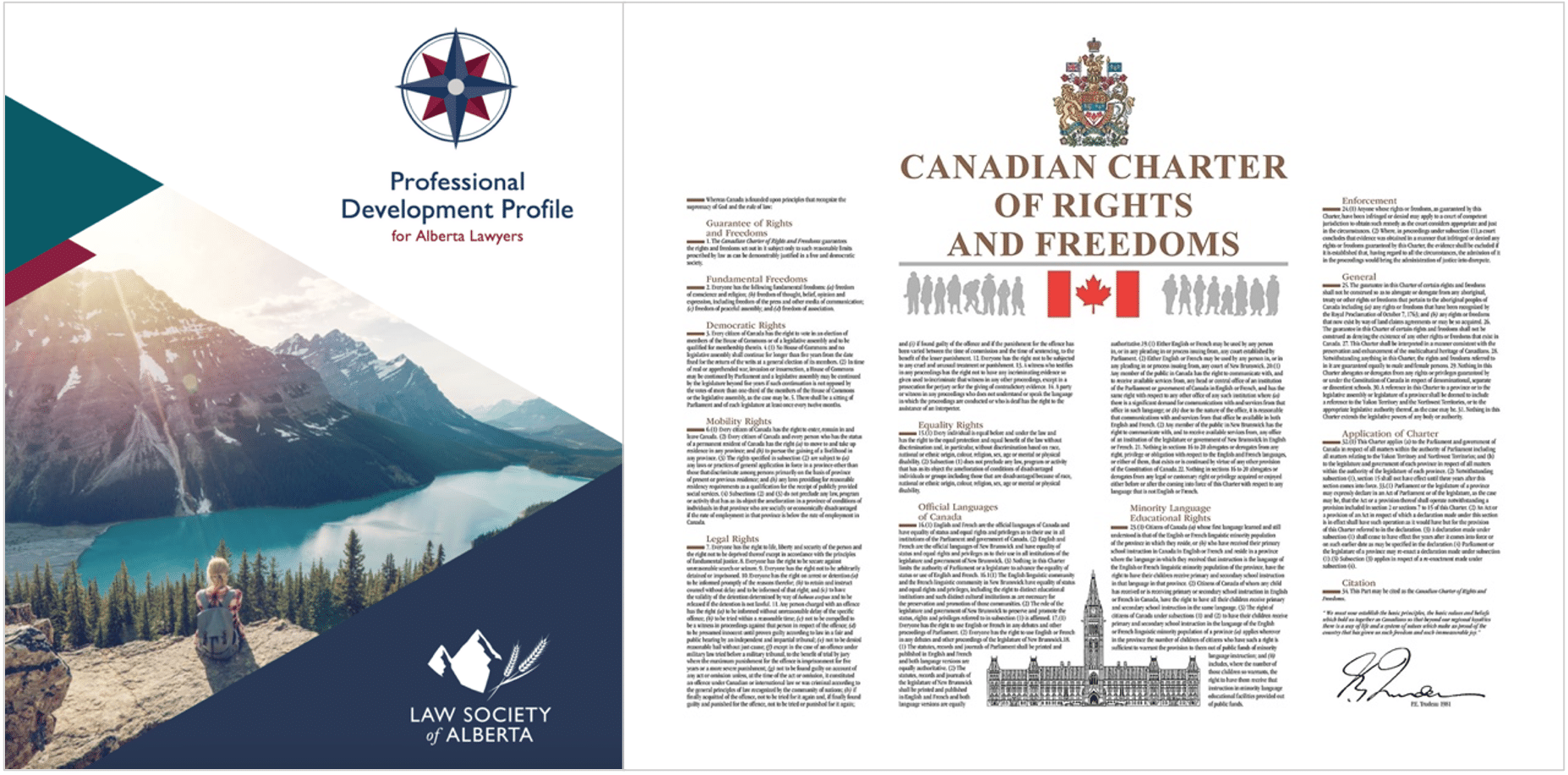
Lawyers swear an oath of loyalty to the Constitution because the opportunities to erode the Constitution in professional practice are legion. Like a computer hacker’s expertise in cyber-security, a lawyer’s expertise in legal compliance is, paradoxically, also expertise in legal non-compliance. For example, a lawyer might refuse to take on the “wrong” client or the wrong file. Lawyers might “soft pedal” the wrong case. They might draft and implement laws, bylaws and corporate policies which skirt or violate legal and constitutional rights. Lawyers might give clients legal opinions which are ideologically useful to the client or the lawyer rather than legally correct.
You may be thinking, “Even if a lawyer perverts the law in this way, a person can go to court to get it corrected.” Not really; it is actually very hard to get things corrected in court, especially for citizens who do not even realize their rights have been violated or lack the financial wherewithal to launch and sustain a lawsuit. Once a critical mass of lawyers forget what makes the Constitution tick, it won’t.
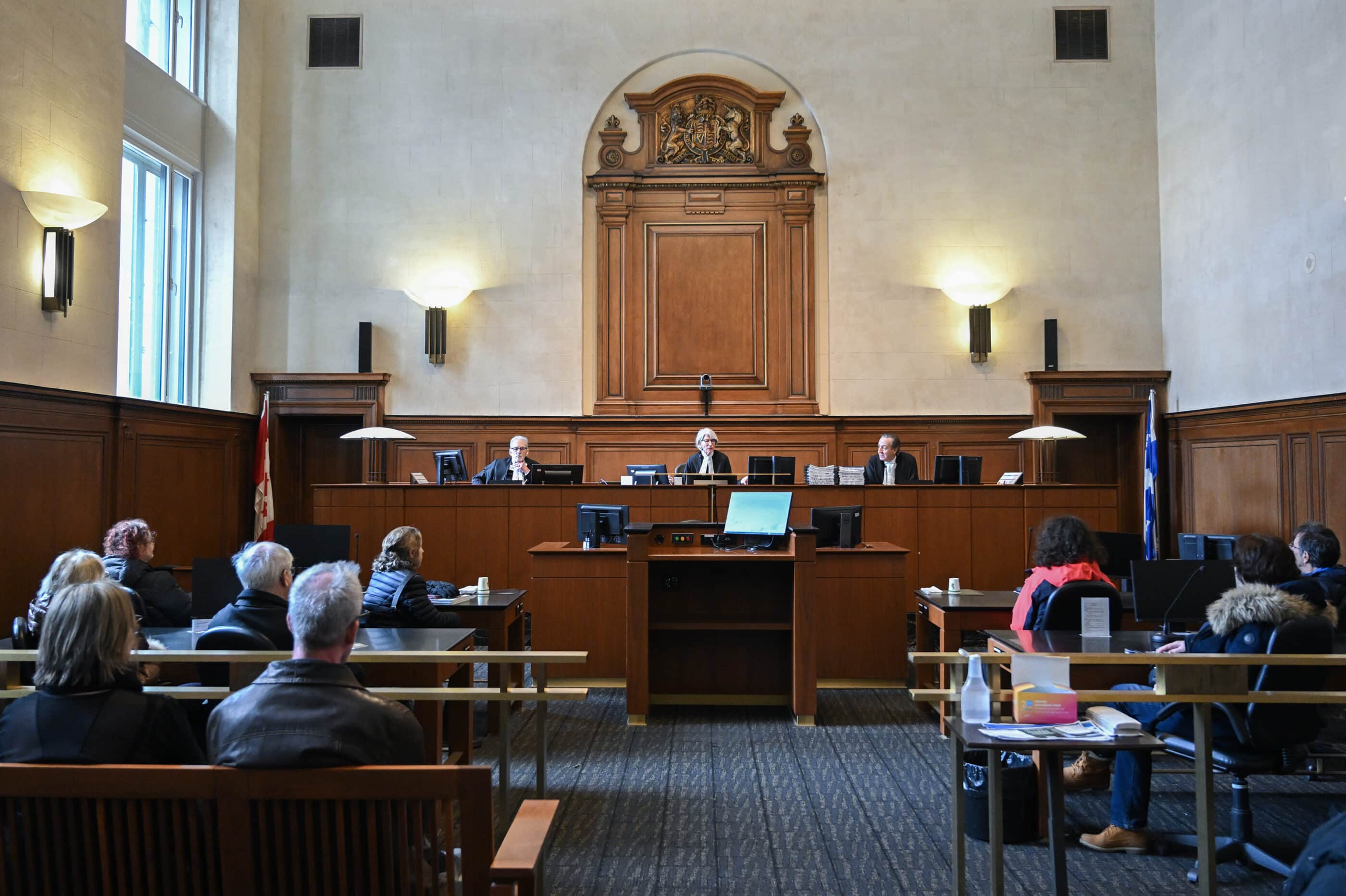
Which brings us to another means by which the woke lawyer can wreak havoc on the law: getting appointed as a judge. With wokism permeating the ranks of law students and lawyers, these views will steadily trickle upwards into our courthouses. And for those who still remain unconvinced by the new ideology, the pressure won’t ease up when they become judges. The Alberta Court of King’s Bench has itself adopted “diversity and inclusion” as one of the “four pillars” of its strategic plan. In a 2021 joint public statement, the (then) chief justices of Alberta’s several levels of court declared, “Training in cultural understanding and conscious/unconscious bias is now a standard component of judicial education in Canada.”
Meanwhile, all federally appointed judges must promise to submit to continuous re-education in “social context, which includes systemic racism and systemic discrimination.” Provincial legislation to the same effect awaits proclamation. And at the very top of the ladder, the Chief Justice of the Supreme Court of Canada proudly boasts that his Court is “the most progressive in the world.”
Cultural Competence Means Racially Segregating Indigenous Canadians
The LSA’s wokist march includes a commitment to “identify…and address” the “inequitable principles historically embedded in our systems and institutions.” The previously mentioned The Path is awash in the radical Marxist-based ideology of “postcolonialism” (also known as “decolonization”, explored in this C2C essay). Joanna Williams, a British educational theorist and author of several books including Academic Freedom in an Age of Conformity, whom Song engaged as an expert witness, characterizes The Path as entirely an exercise in postcolonialism.
Postcolonialism holds that living in Western culture and under Western law is inherently oppressive for indigenous people, the resulting alienation from their own racially-appropriate culture causing “trauma” that lasts through generations. To alleviate this trauma, postcolonial theory asserts, indigenous people must be insulated from Western culture and live in separate, culturally appropriate environs – including gaining culturally appropriate laws and legal systems. In other words, alleviating historical race-based trauma necessitates greater racial segregation and a two-tiered, or at least largely divided, system of justice.
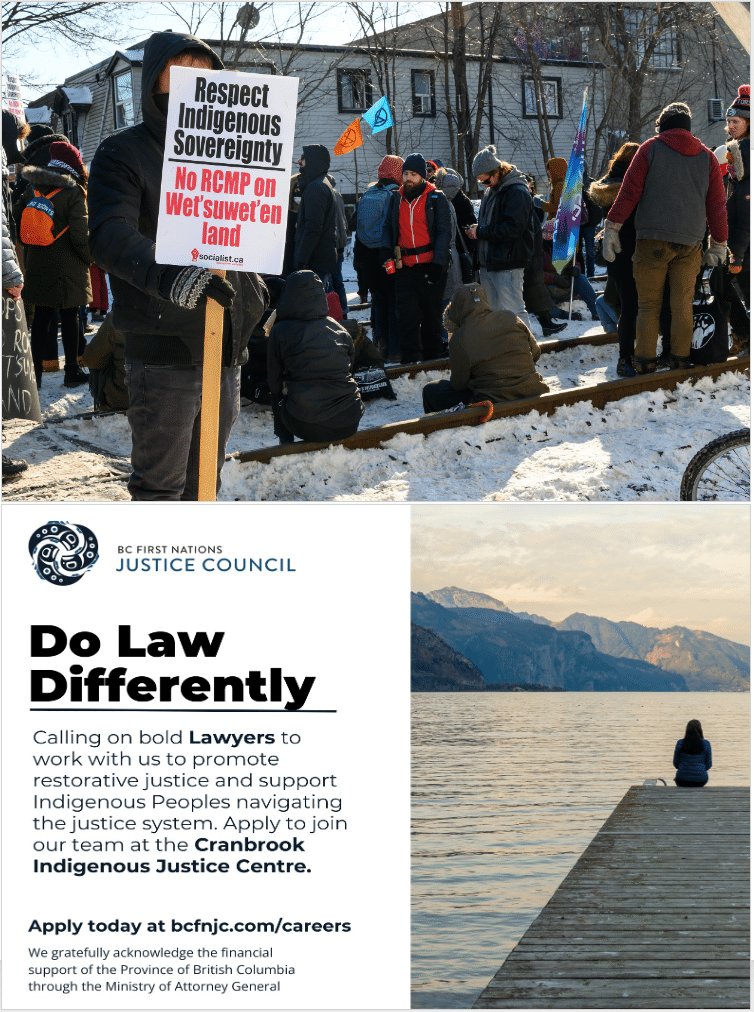
According to The Path, culturally competent lawyers and judges will help usher indigenous Canadians towards what the LSA elsewhere, in Orwellian terms, calls “culturally or community-appropriate services and outcomes.” These seem to include deeper racial segregation, postmodern relativism, dogma and social and economic collectivism. Indigenous Canadians do not appear to have voted for any of this, either. Many would presumably reject these radical transformations, though some might find them attractive. Either way, LSA members were instructed to simply start implementing “indigenous laws”, which are being “made visible” by indigenous law “research units”.
This should set legal alarm bells ringing. Lawyers swore oaths to carry out the laws which have been passed by duly-elected legislatures, not laws “discovered” by academics or activists. But perhaps for the “culturally competent” lawyer who has “unlearned” the colonial “hierarchy of legal culture” known as “parliamentary democracy”, the alarm bells remain silent.
Song, for his part, will have none of this: “I think that the racial segregation of indigenous people from other Canadians harms them and could be described as ‘systemic discrimination’ according to the LSA’s [own] definition.” For this view, Song would apparently be considered grossly “culturally incompetent” by the LSA and may even be accused of “discrimination” and “harassment”.
Song’s Lawsuit against the LSA
Song has spearheaded several efforts to restore the LSA to its proper legal and constitutional role. In February 2023 he and 50 other Alberta lawyers forced a special meeting of the Alberta bar to consider a resolution repealing the LSA’s Rule 67.4, which (ostensibly) empowers the LSA to mandate ideological training.
As Song explains, his efforts to ensure the meeting was fair and informed were largely stymied. While the LSA circulated its own argument against the motion to all Alberta lawyers, it refused to circulate arguments in favour. It also refused to schedule presentations at the virtual meeting; only the handful of attendees who were the quickest to buzz-in were permitted to speak. Each speaker had two minutes. After just one hour of deliberations, Song’s motion was defeated by a vote of 2,609 to 864.
‘The group of lawyers who supported the motion to repeal Rule 67.4, including myself, were pilloried, privately and publicly, as, [among other things], ignorant and racist,’ Song recalls. ‘In China this kind of social opprobrium to enforce ideological compliance is called “struggle session” and “social death”.’
Why wouldn’t more than 864 Alberta lawyers turn out in support of Song’s motion and, by extension, Canada’s Constitution? Probably for much the same reason wokism has spread everywhere to begin with. Lawyers are busy and have little time to think about what appear as arcane regulatory disputes. Even today, many lawyers may not even know what wokism is, much less how it conflicts with the Constitution. Finally, because so many clients, employers, partners and professional colleagues have gone woke (or pretend to have), there are enormous personal and professional incentives to simply submit.
Cancel culture works on lawyers, too. “The group of lawyers who supported the motion to repeal Rule 67.4, including myself, were pilloried, privately and publicly, as, [among other things], ignorant and racist,” Song recalls. “In China this kind of social opprobrium to enforce ideological compliance is called ‘struggle session’ and ‘social death’.”
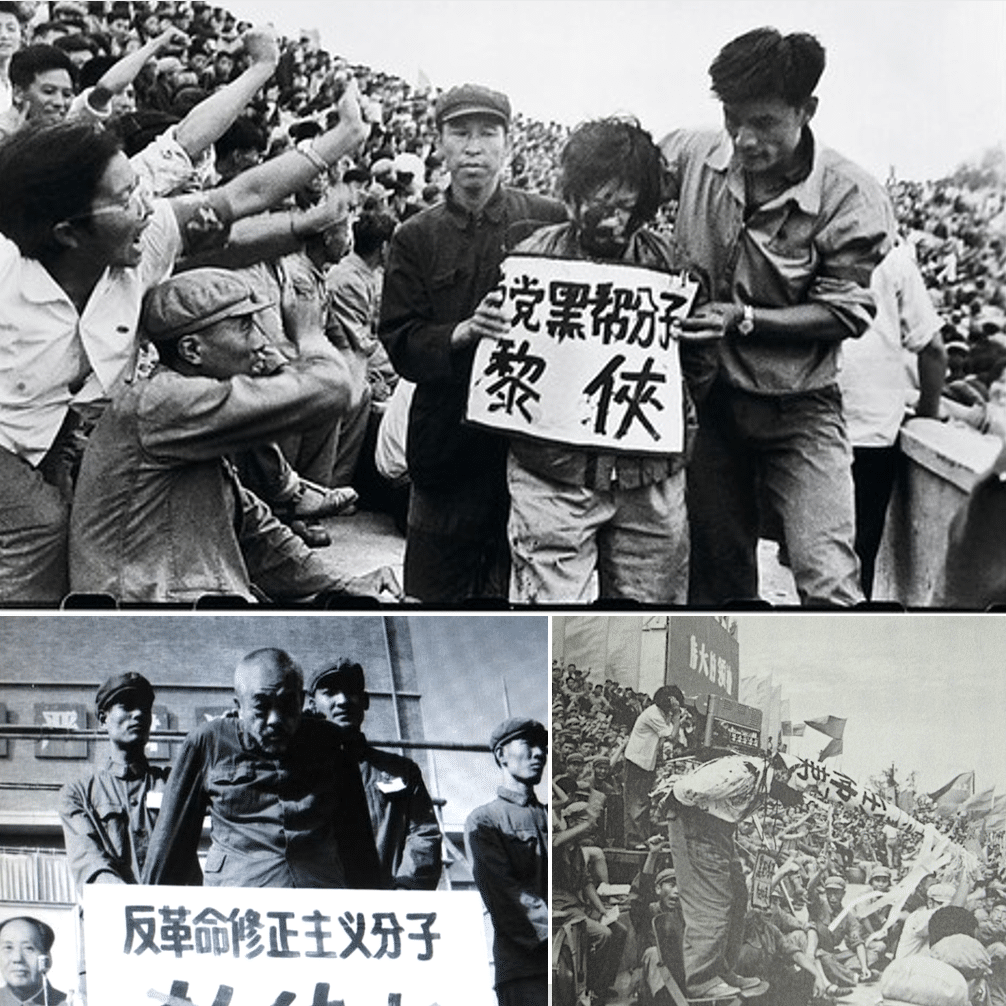
That July, Song’s next effort was to organize an eight-page letter signed by 70 Canadians, including many lawyers, addressed to the LSA, the Premier of Alberta, the Minister of Justice and the entire provincial cabinet warning that, “The LSA has assumed a political objective which is a threat to the rule of law…A silent constitutional crisis is upon us.” The LSA’s only response was a two-sentence note from President Bill Hendsbee acknowledging receipt of the letter and thanking the signatories for “sharing your views in this way.”
Having hit another brick wall, in October 2023 Song then launched his lawsuit against the LSA in the Court of King’s Bench of Alberta. In his 204-page brief, Song provided the history of the LSA’s adoption of wokism and presented his case that it represents an all-out attack on the Constitution. The LSA took more than 17 months to prepare its response, which was filed in April 2025. Even so, concerning its ideological conversion the organization once again had virtually nothing to say. As with its terse response to the July 2023 letter, the LSA simply sidestepped Song’s carefully crafted, detailed set of allegations.
Instead, it provided a vague blanket denial, claiming it does not have exactly the woke political objectives Song’s suit alleges. But whether his allegations were 99 percent correct or dead wrong, it did not say. Nor did the LSA explain how it could credibly deny having political objectives that are found articulated in detail in its own key resources. Nor did it claim, as one would expect a respondent to argue in the face of a bogus claim, that the allegations were “baseless”, “frivolous”, “vexatious”, “abusive” or – more to the point – “lunacy”.
The LSA’s position was that the matter at hand was not “justiciable”, meaning the court has neither the institutional capacity nor constitutional legitimacy to make inquiries into the LSA’s politics. Its argument was, essentially, that the court is supposed to make legal decisions, not political ones, so it would be improper for the court to scrutinize the LSA’s own political decisions. “Some decisions are simply not justiciable, crossing the boundary from the legal to the political,” the LSA stated, quoting the Federal Court of Canada. This is rich: Song’s complaint is that the LSA has crossed the boundary from legal to political. Accordingly, its reference to “political” considerations was not a defence, it was a confession.
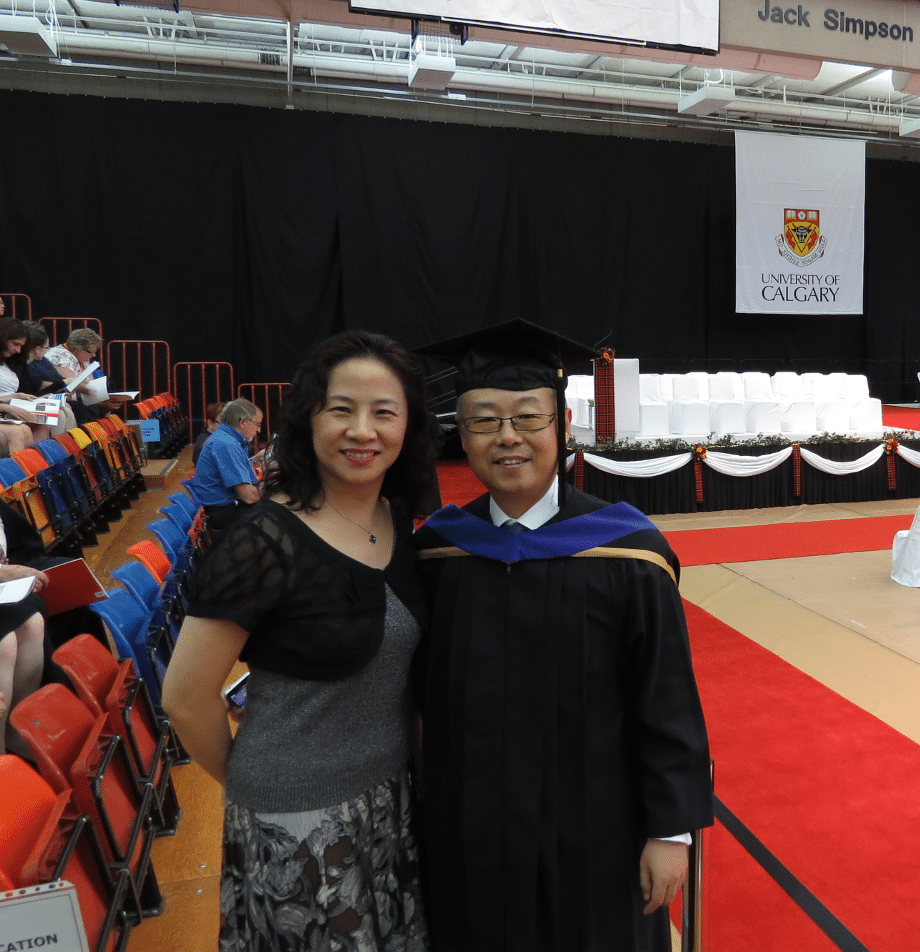
The LSA likewise argued that the court should ignore almost all of the evidence pointing to its adoption and promotion of wokism. It insisted it was merely pursuing “the public interest”, “competence” and “ethics”, so the court should just confirm its conduct was legal. The LSA’s response did not, however, explain what it fully means by these terms.
In his written reply to the LSA’s document, filed in late April, Song framed this as an invitation to the so-called “motte and bailey” fallacy. Consider the following proposition: the LSA has jurisdiction to govern “competence” (an easily defensible assertion, the “motte”), but its governance now includes pursuing a radical political agenda to dismantle the Constitution (an indefensible position, the “bailey”). As you see, whether the LSA is properly supporting or improperly attacking the Constitution depends entirely on what the LSA means by terms like “competence”.
Song therefore argued that the court cannot confirm that the LSA’s conduct is legal if it does not open the curtains and find out what exactly that conduct is. Even if the LSA’s position were legally tenable, which I believe it is not, it does not, in these circumstances, enhance public confidence in the legal system to demand that judicial oversight be narrow and blinkered.
Oral arguments were made in court on Song’s behalf in May. On September 12, 2025, the court dismissed his lawsuit. It largely agreed with all of the LSA’s arguments while largely ignoring the heart of Song’s complaints, that the LSA is prohibited from political objective: “[t]he Applicant is raising political questions about ideological and policy considerations that are not susceptible to resolution through the judicial process.”
Salvaging the Rule of Law
Although Song is likely to appeal the dismissal, the outcome is highly uncertain. So it must be asked: what is to be done if Canada’s Constitution is to be saved from the very profession entrusted to protect it? The Government of Alberta created the LSA and vested it with powers and duties, including the duty to uphold the rule of law and to act as a shield against political interference. As the LSA has chosen to violate that mandate, the government can and must rein it in. To its credit, in late 2024 the Danielle Smith government announced a review of professional regulation in Alberta.
Premier Danielle Smith’s government should completely prohibit politics in professional regulation. It could do this by passing appropriate amendments to the laws which govern professions. This must include a ‘no politics’ clause.
While this is a promising development, there are signs the UCP government may not fully understand the nature and gravity of the problem. It seems focused on the experience of public intellectual Jordan Peterson, who was disciplined by his regulator, the College of Psychologists of Ontario, for political expression outside of his clinical practice. The full lesson to be drawn from the Peterson affair is not, however, merely that regulators have no business regulating expression made as a private citizen.

Rather, regulators have no business in politics of any kind. A professional regulator with a political agenda will, by necessity, use its powers to advance that agenda. Why else have a political agenda? It is far more dangerous for the LSA to enforce wokism in legal practice than in social media feeds. It is within the lawyer’s legal practice, after all, that the Constitution is protected and, with it, the democratic rights and personal freedoms of Albertans.
Accordingly, Premier Smith’s government should completely prohibit politics in professional regulation. It could do this by passing appropriate amendments to the laws which govern professions. This must include a “no politics” clause such as: “All political objectives are prohibited in the objectives, structure, organization, operations, processes and subordinate legislation of regulators.” I encourage Albertans to write to the Premier and the Minister of Justice, Mickey Amery, and insist that politics of any shape and kind be expressly and completely banned from all professional regulation.
Glenn Blackett is a lawyer in the Justice Centre for Constitutional Freedoms network and is representing Roger Song in his lawsuit against the Law Society of Alberta. He can be followed at @GlennBlackett.
Source of main image: Shutterstock.
